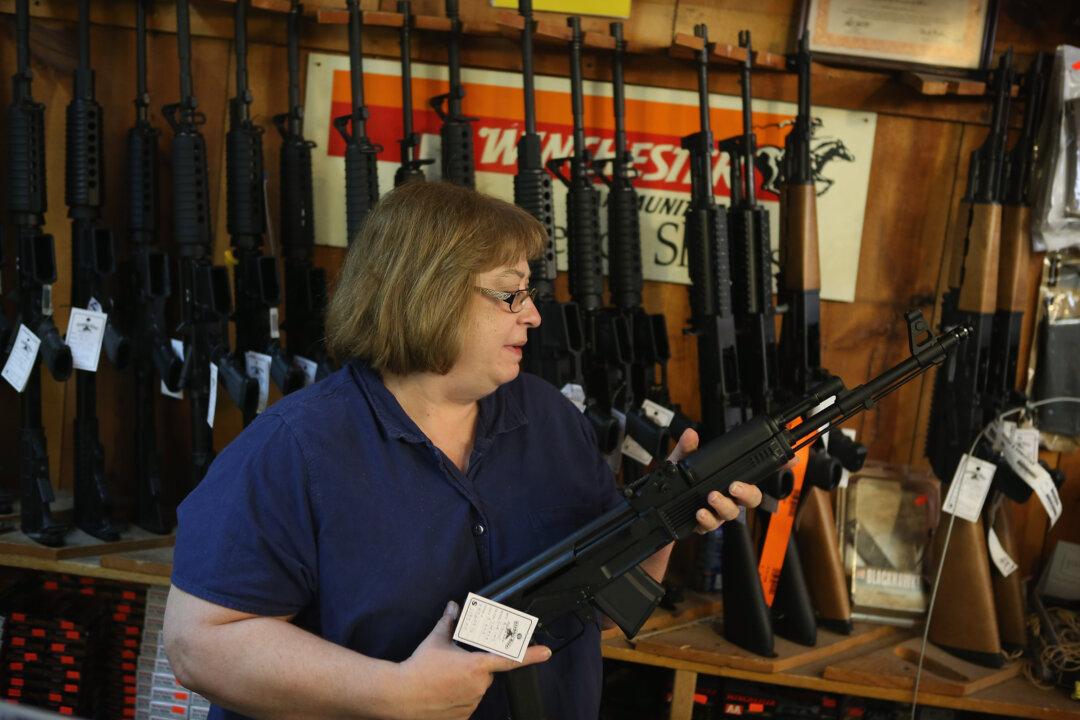A rule to redefine what doing business as a gun dealer means—proposed by the Bureau of Alcohol, Tobacco, Firearms and Explosives (ATF)—is supported by a majority of public commenters, with 10 days left in the comment period.
On Nov. 27, more than 230,000 of the 280,098 comments supported the plan. This is an estimate based on a review by The Epoch Times.





